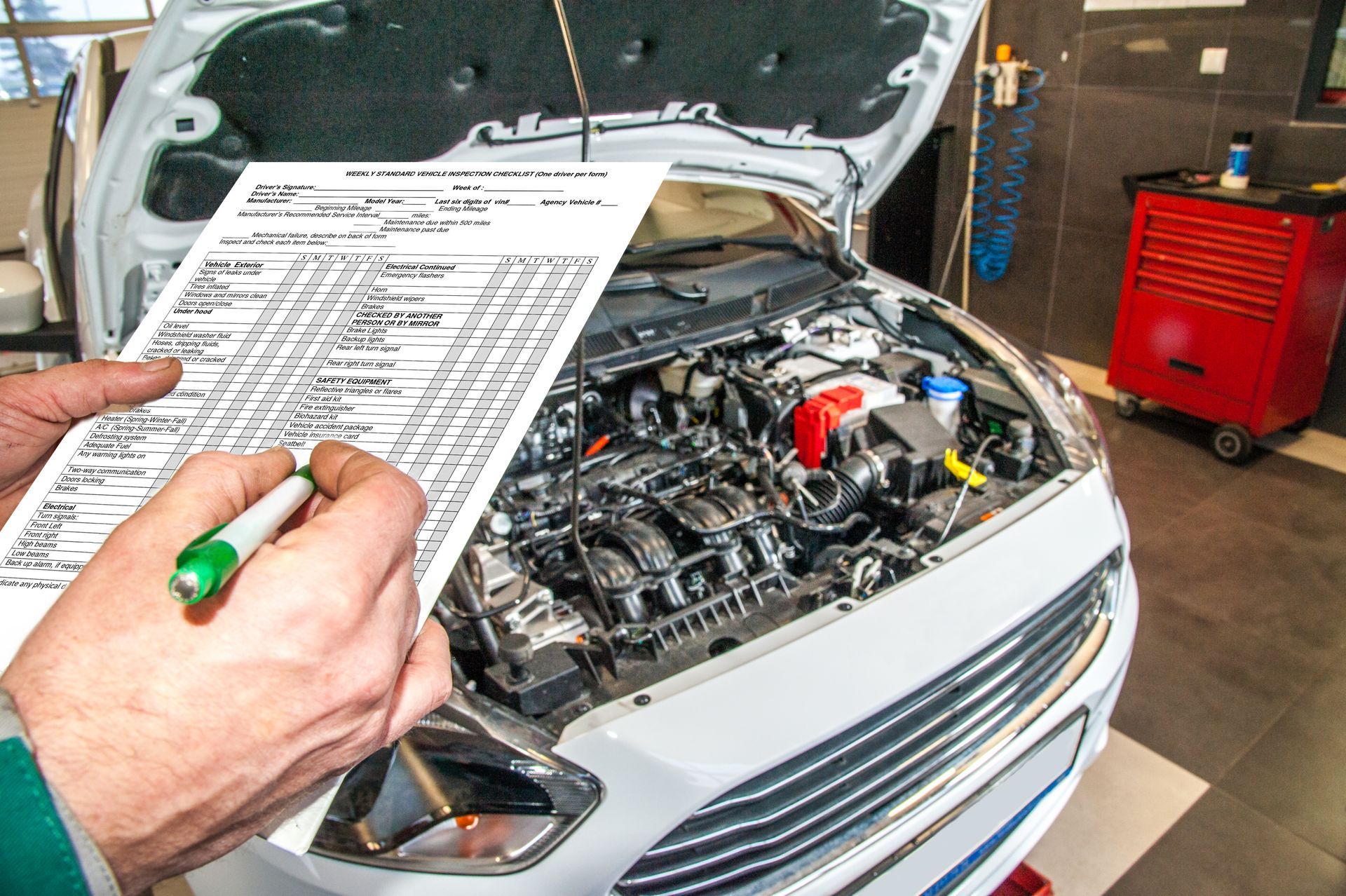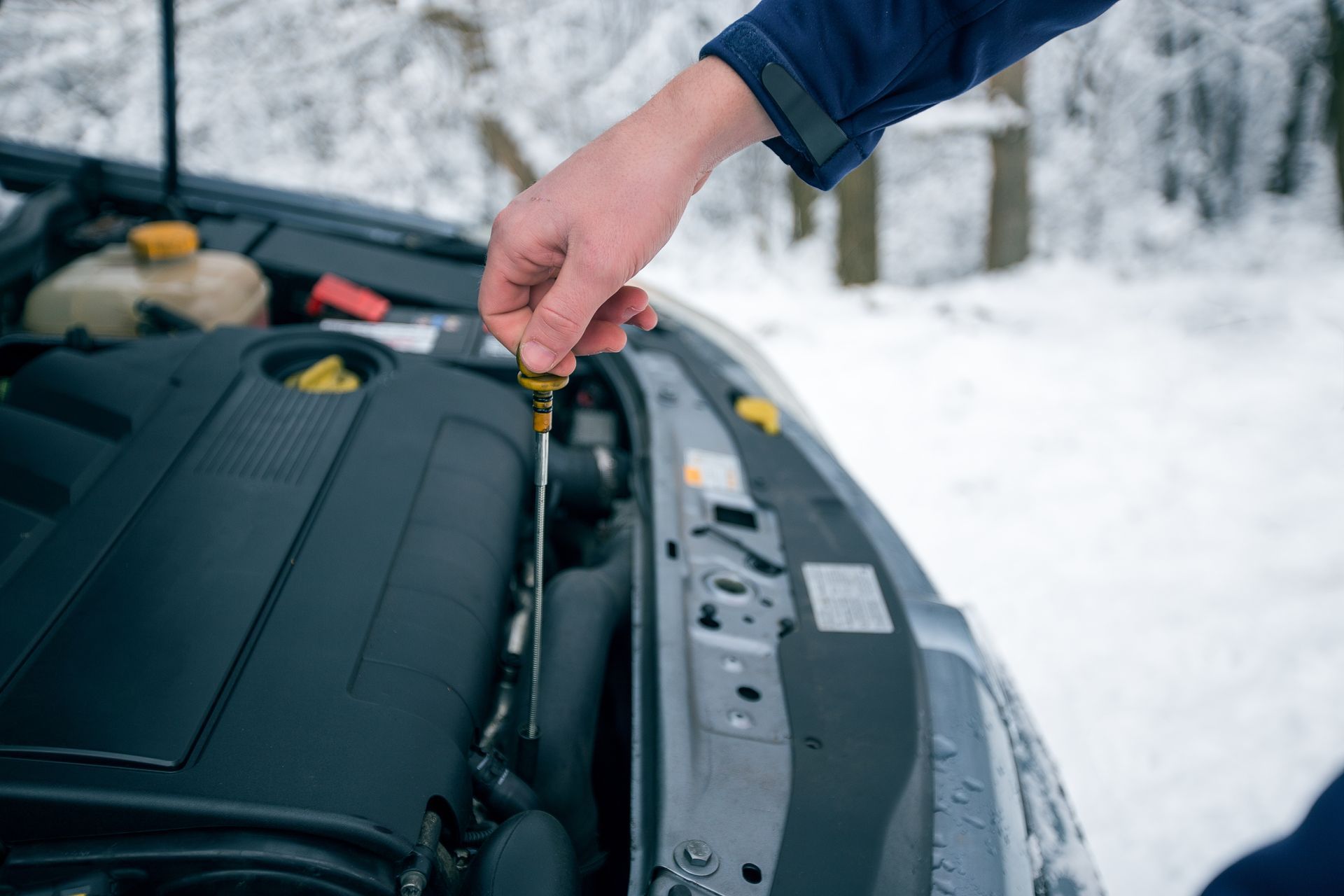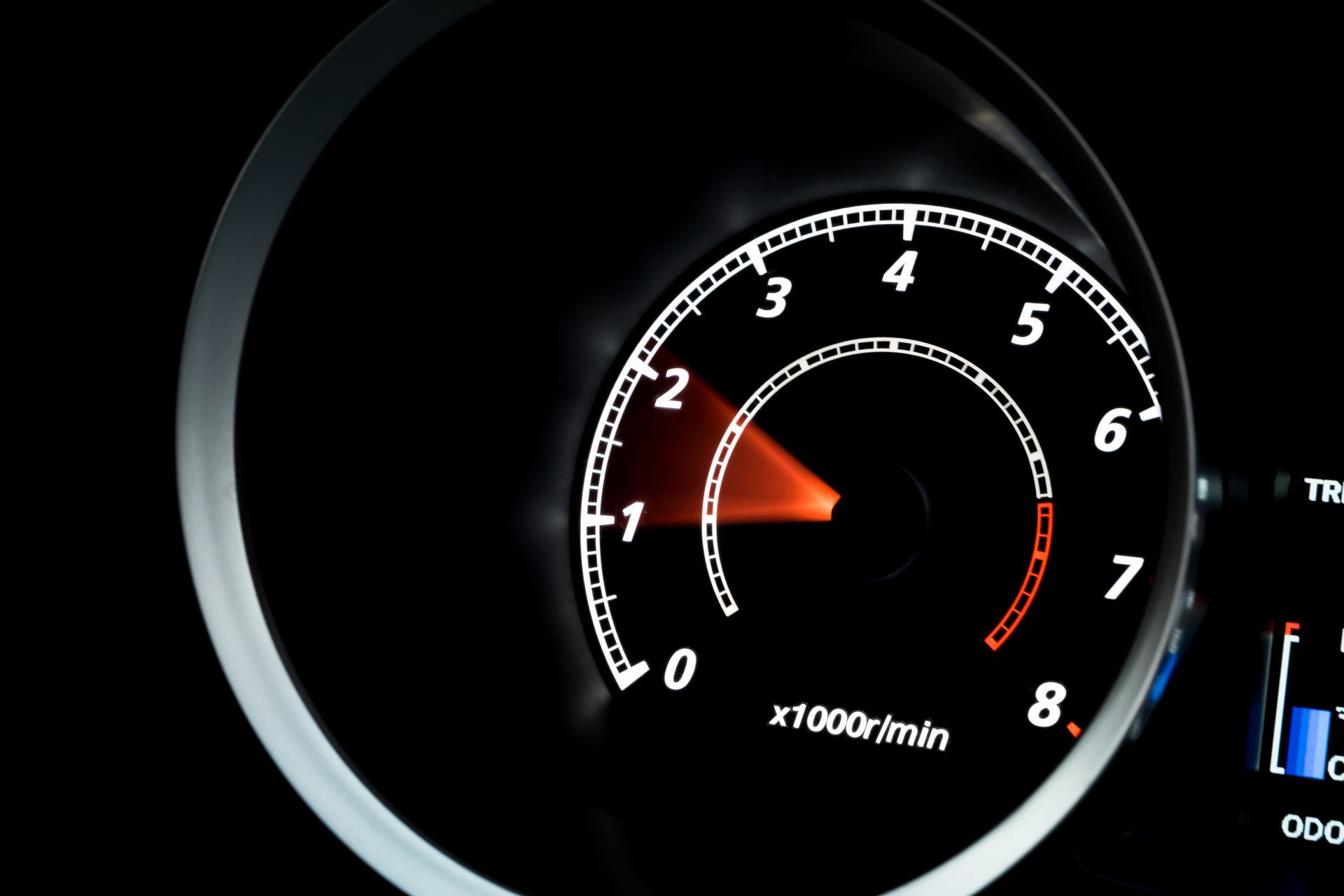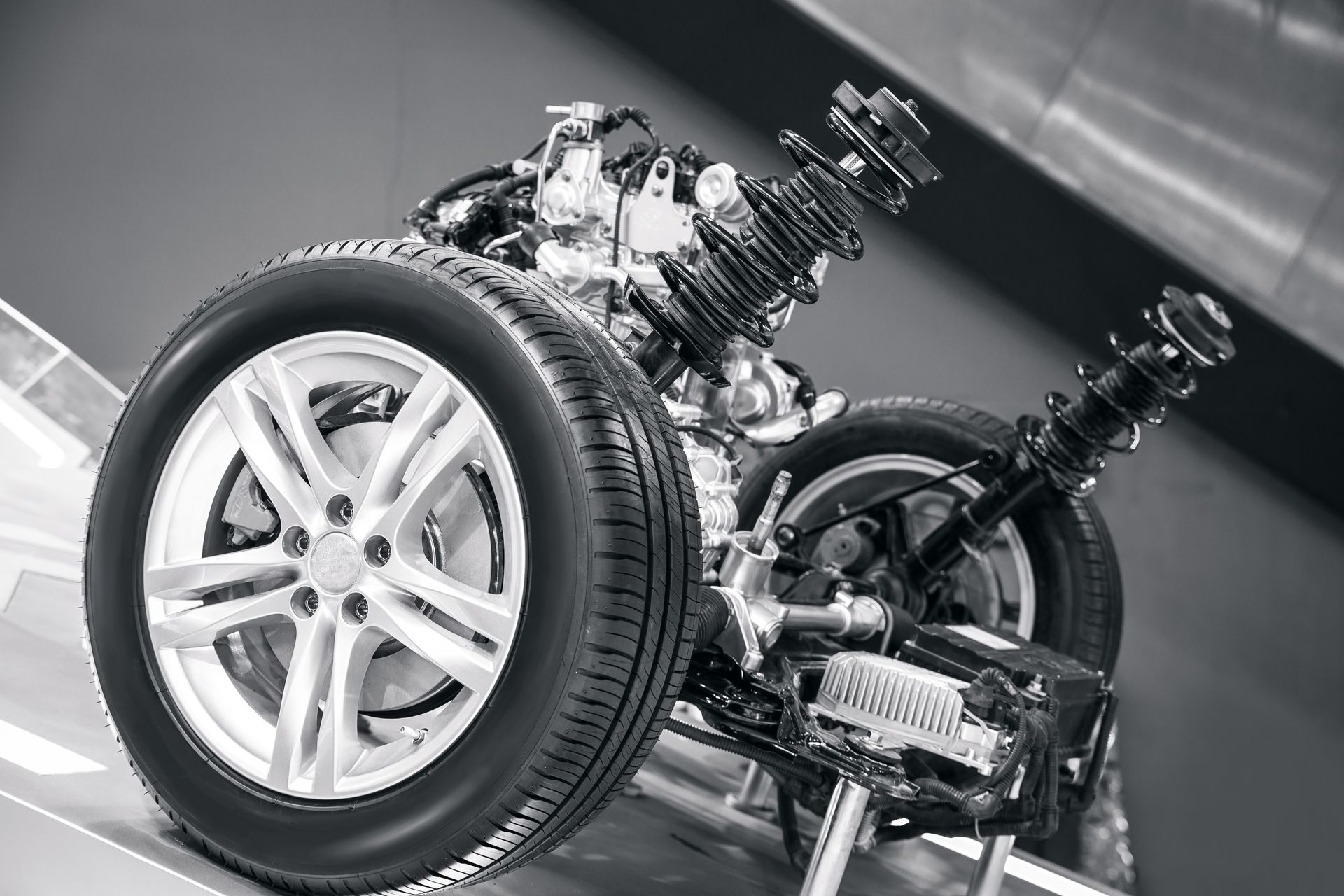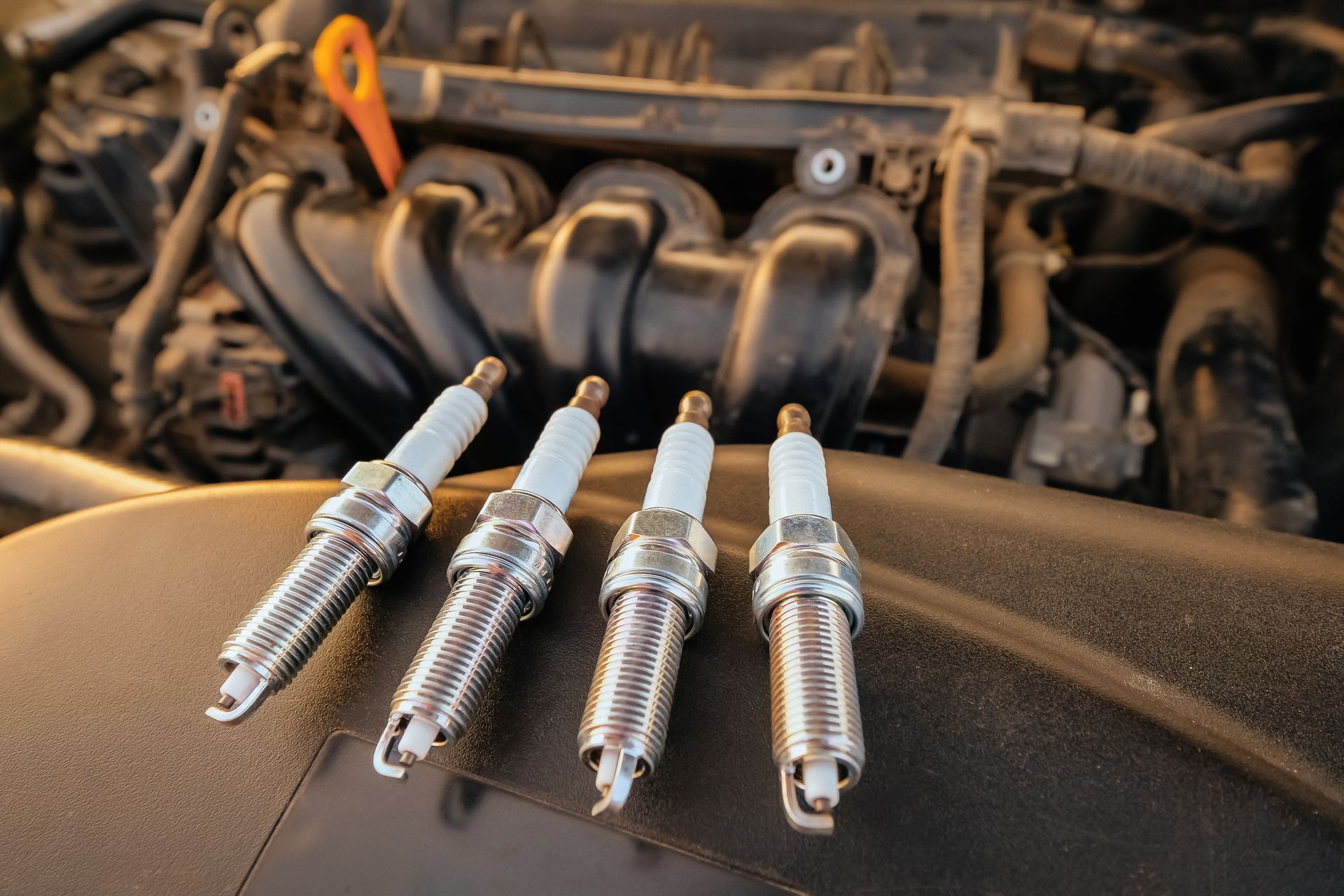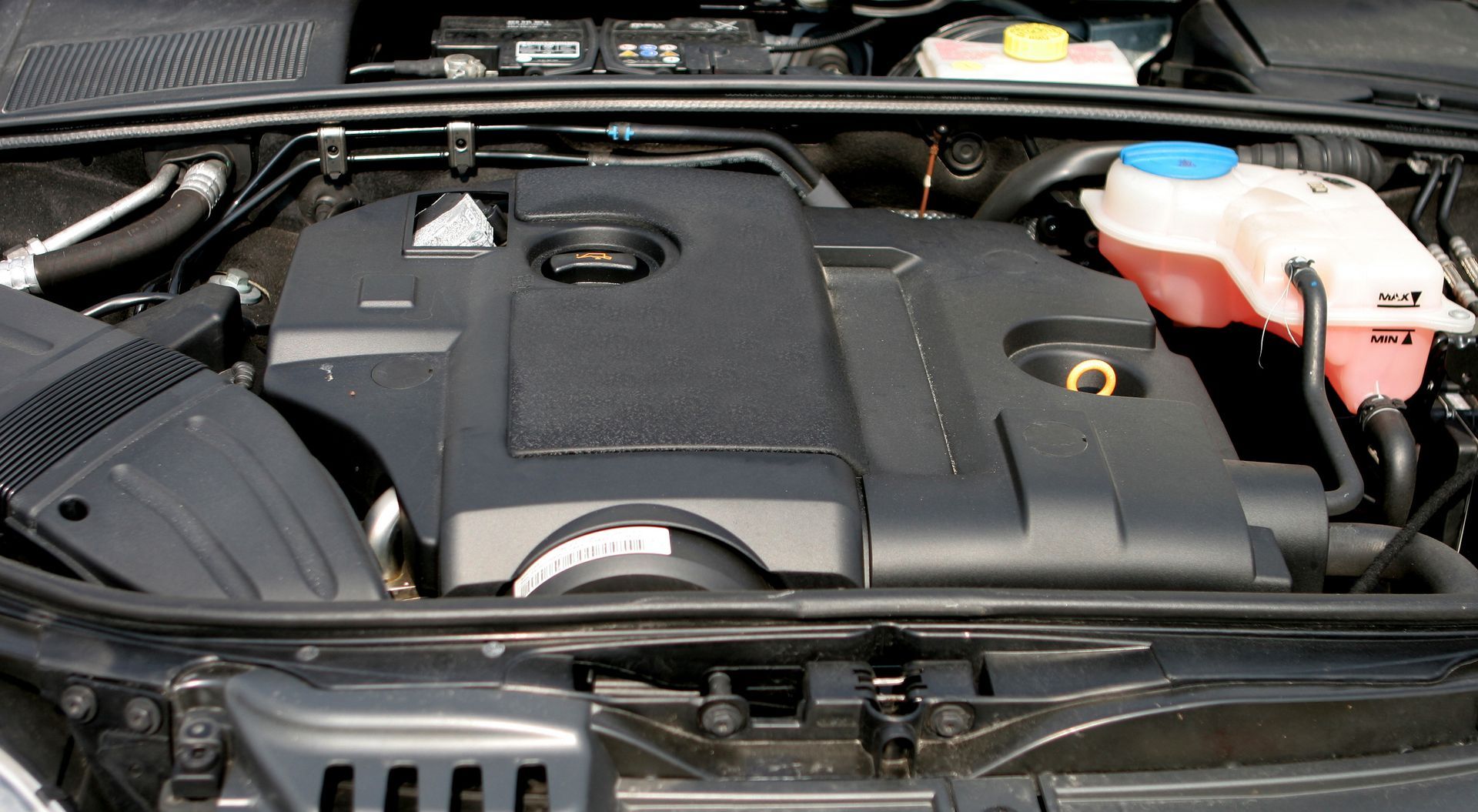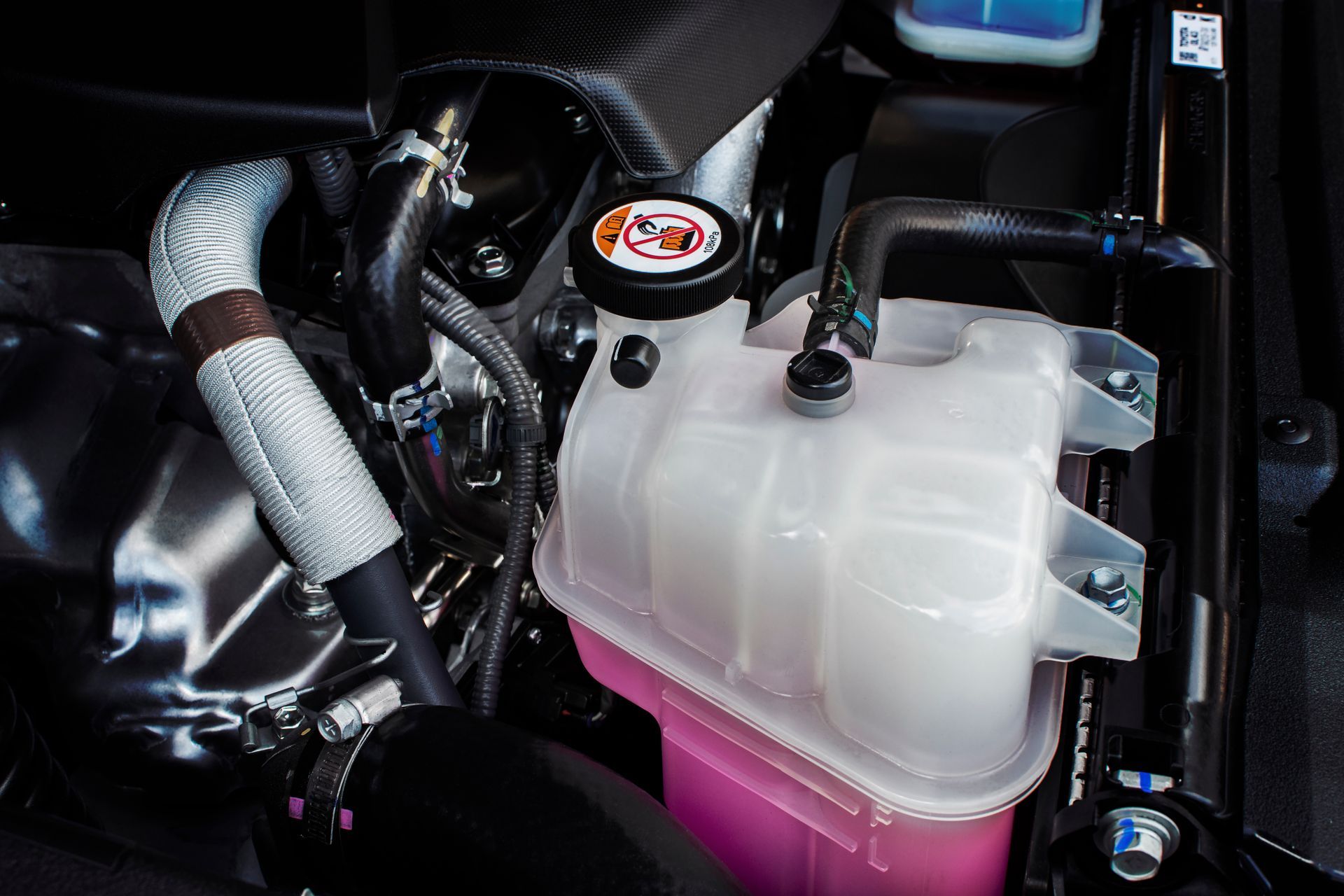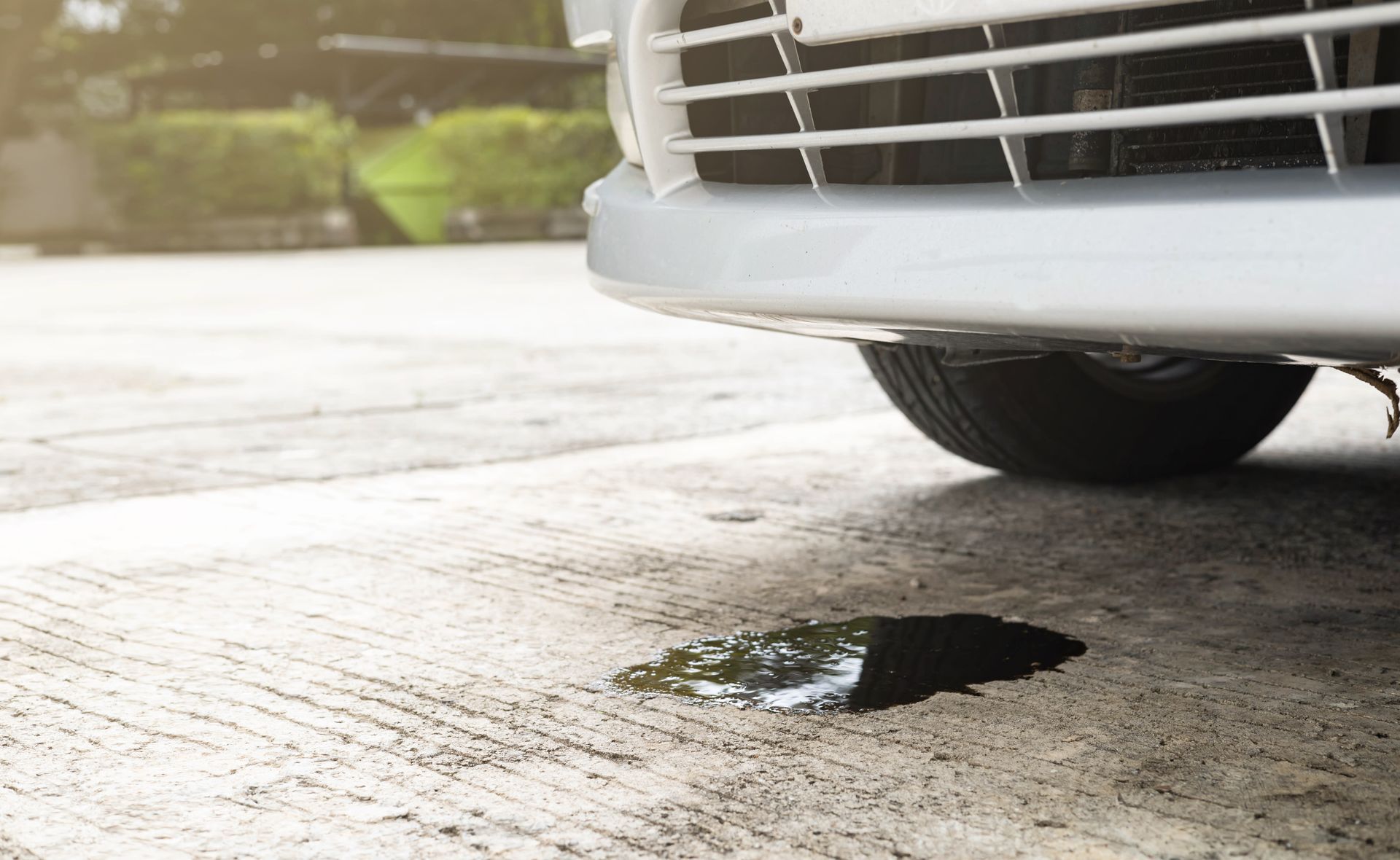You've just left the emissions inspection station, and instead of the relief of passing, you've got a failed emissions test result in hand. It's frustrating, right? You might be wondering what to do next. Don't worry. This guide will walk you through everything you need to know to get your vehicle back on track and ready to pass that next test.
Why Your Car Failed
First things first, let's get to the root of the problem. Cars can fail emissions tests for a variety of reasons, and understanding these can help you take the right steps toward fixing them. Common reasons include issues with the oxygen sensor, catalytic converter, or even something as simple as a loose gas cap. Modern cars have complex systems, and sometimes, it's a combination of small issues that can lead to a failed test.
Diagnosing the Problem
After you've identified that your car failed the emissions inspection, the next step is to diagnose the exact issue. You can start by checking the inspection report provided by the testing facility. This report usually indicates the specific reason(s) for the failure. It might point out high levels of certain emissions like carbon monoxide, hydrocarbons, or nitrogen oxides.
A practical first step is to use an OBD-II scanner, a handy tool that reads the diagnostic trouble codes (DTCs) stored in your car's computer. Many auto parts stores offer this service for free. These codes give clues about what's wrong. For example, a code related to the oxygen sensor might indicate it needs replacement, whereas a code for the catalytic converter could point to a more significant issue.
Common Repairs for Emissions Failures
1. Replacing the Oxygen Sensor
The oxygen sensor measures the amount of unburned oxygen in your car's exhaust. If it's faulty, it can cause the engine to run inefficiently, leading to high emissions. Replacing this sensor is usually straightforward and can significantly improve your chances of passing the inspection.
2. Fixing or Replacing the Catalytic Converter
The catalytic converter reduces harmful emissions by converting exhaust pollutants into less harmful gasses. If it's clogged or malfunctioning, your car might fail the emissions test. Fixing or replacing it can be more costly, but it's essential for both your car's performance and environmental health.
3. Engine Tune-Up
A comprehensive engine tune-up can address various issues that might lead to a failed emissions test. This includes changing the spark plugs, cleaning or replacing the air filter, and checking the fuel injectors. A well-maintained engine runs more efficiently and produces fewer emissions.
Preparing for the Re-Test
Once you've made the necessary repairs, it's time to get your car ready for a re-test. Here are a few tips to ensure your vehicle is in top shape:
- Drive Your Car: Before going for the re-test, drive your car for at least a week to ensure the onboard computer resets and registers the new data from the repairs.
- Check the Readiness Monitors: Your car's computer has various readiness monitors that must be in a "ready" state before an emissions test. An OBD-II scanner can check these monitors to ensure they're ready.
- Perform a Pre-Test: Some repair shops offer a pre-test service to ensure your car is ready for the actual emissions test. This can save you time and money by confirming that the repairs were successful.
Finding the Right Repair Shop
Choosing the right repair shop is crucial to ensuring the repairs are done correctly and efficiently. Look for a repair shop with certified mechanics who specialize in emissions-related repairs like Gibbon Tire and Auto. Reading reviews and asking for recommendations can help you find a reliable place.
Need help with emissions repairs? Look no further than
Gibbon Tire and Auto. We specialize in fixing emissions-related issues to ensure your vehicle meets all of North Carolina's regulatory standards. Contact us now to book your service and get back on the road quickly!
